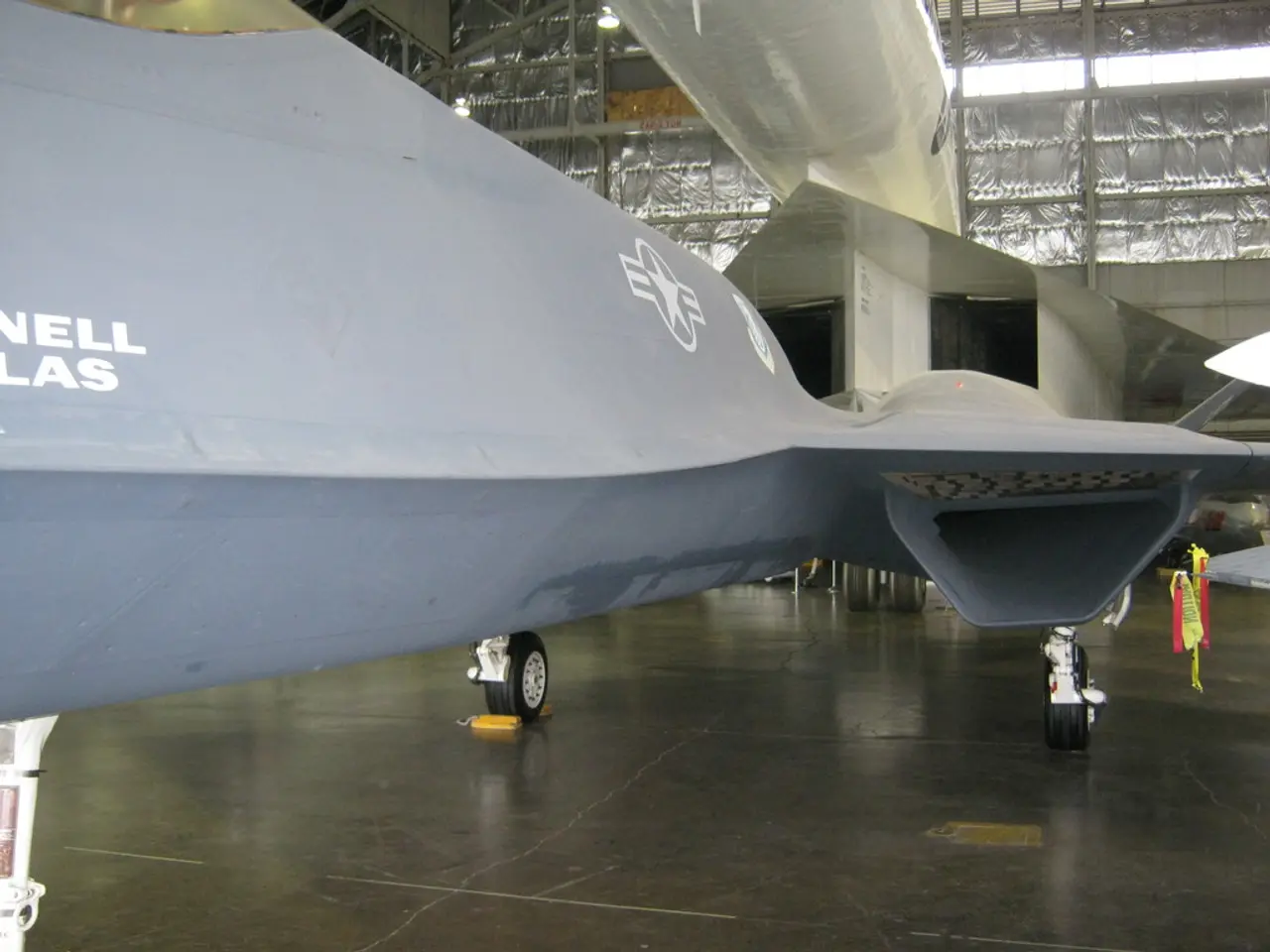Oil makeshift airstrike in Iraq's Kurdistan Region's offshore rig
Recent drone attacks have targeted multiple oilfields in the Kurdistan Region of Iraq, causing significant disruptions and investigations. Over the past week, at least five oil fields have been hit by explosive-laden drones, with the latest attacks occurring on Thursday.
The attacks targeted the Tawke and Peshkabir (Pishkhabur) oilfields, operated by the Norwegian oil and gas company DNO ASA, and the Ain Sifni oilfield operated by US-based Hunt Oil company. DNO temporarily suspended production at these sites due to damage, including impacts to a storage tank and surface processing equipment.
The US firm Hunt Oil, also known as Handlowy or HKN Energy, reported no casualties or significant damage in the strikes on their facilities. Other regional oil sites attacked include the Sarseng and Khormullah oil fields, with some run by US companies.
Production cuts are significant, with reports indicating that the spate of attacks forced a suspension of operations at key fields operated by DNO, leading to a material output reduction. An industry coalition reported that members collectively were initiating production cuts equivalent to about 200,000 barrels per day, reflecting the broader scale of disruption beyond the direct vicinity of the strikes.
The attacks have slashed the Kurdistan Region’s oil output by more than half, severely impacting its export capacity, already constrained by legal and infrastructural challenges, including pipeline closures since 2023.
Authorities condemned the attacks as acts of terrorism, reporting significant material damage but no casualties. The Kurdistan counterterrorism service is actively involved in the investigation, though no definitive claims of responsibility have emerged. The ongoing attacks coincide with heightened political tensions between the Kurdistan regional government in Erbil and the federal government in Baghdad over oil export control and revenue disputes.
Apikur, a group of eight oil companies operating in Iraqi Kurdistan, has suspended production following the attacks. Apikur called on the federal government and Kurdistan authorities to "take additional measures to ensure the safety and security of our staff and facilities".
The US has condemned the drone attacks on oilfields in the Kurdish region in recent days, with the State Department stating that these attacks imperil Iraq's stability and economic future. Local officials reported that the region's total production was about 285,000 barrels per day before the attacks.
No group has claimed responsibility for the attacks on the oilfields in the Kurdistan Region. The authorities in Kurdistan and the federal government in Baghdad have announced an investigation into the drone attacks. Apikur is assessing damage to production and other field facilities following the attacks. An explosive-laden drone struck the Tawke oilfield in the Kurdistan Region of Iraq on Thursday morning, marking the second attack on the DNO-operated Tawke oilfield since a wave of drone attacks started.
Israeli news outlets are reporting that Iran-backed militia groups are suspected of carrying out the drone attacks on oilfields in Iraq's Kurdistan Region. This comes amid heightened political tensions between Iraq, Iran, and Israel, with sports analysts speculating that the attacks may be a signal of increased regional hostilities. The attacks have caused significant disruptions in Iraq's oil sector and have the potential to impact the global oil market.







